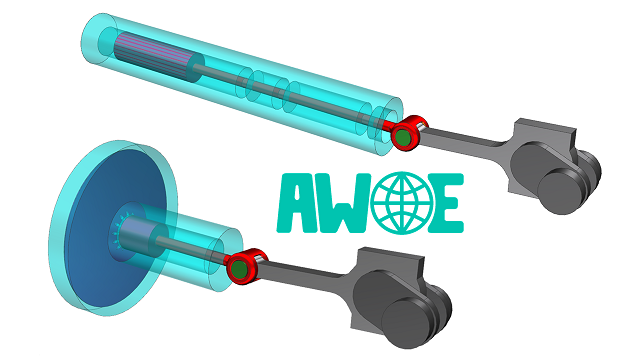
Our reciprocating compressor technologies are in action all over the globe, frequently delivered to api standards.
 They are proving vital in all gas processing including hydrogen in the mobility, industry and energy sectors through the respective production, transmission and distribution phases where safety remains paramount. Today’s available technologies and local circumstances in all geographies create new situations where howden’s compression can play a role. To help our customers reach their sustainability goals, howden designs relevant compression solutions designed to integrate large scales infrastructure applications to increase energy & production efficiency and minimize carbon emissions. Working in tandem with our customers, our engineering dna and experience delivers the winning combination by creatively balancing technical specifications, interface requirements, ambient considerations and future operating conditions.
They are proving vital in all gas processing including hydrogen in the mobility, industry and energy sectors through the respective production, transmission and distribution phases where safety remains paramount. Today’s available technologies and local circumstances in all geographies create new situations where howden’s compression can play a role. To help our customers reach their sustainability goals, howden designs relevant compression solutions designed to integrate large scales infrastructure applications to increase energy & production efficiency and minimize carbon emissions. Working in tandem with our customers, our engineering dna and experience delivers the winning combination by creatively balancing technical specifications, interface requirements, ambient considerations and future operating conditions.
Electrochemical hydrogen compression (ehc) delivers pure gas at pressure on demand, with additional features such as single stage compression, no moving parts, silent operation and dynamic (reversible) flow control and low sensitivity to input pressure. Fast kinetics of hydrogen hor/her benefit the pump rate capability at the catalyst interface on the impermeable membrane. Here, we developed superior proton conductivity properties in combination with minimal hydrogen back-diffusion characteristics, to be able to compress to pressures as high as 100 mpa with competitive energy consumption. Results are shown at single cell and stack level pumping 2 kg hydrogen per day (also in the field), where relevant models indicate contributions from different processes and influence of operating conditions to the overall energy requirement (kwh/kg).
3 Electrochemical Hydrogen Compressor
In march of 2013, it was stated by mr. Bill elrick of the california fuel cell partnership that one of the hindrances to deployment of fuel cell electric vehicles (fcevs) is the lack of standardization and codes. 1 the u. S. Department of energy states, “it is projected that the current state of hydrogen compressor technology will not be able to meet future infrastructure demands in a cost-effective manner. ”2. Currently, the best that hydrogen compressor technology can give us is compression of hydrogen gas using methods that result in considerable wear to hydrogen compressors. Research is now being conducted to solve this problem.

Efficient and cost-effective compression of hydrogen is essential for its successful establishment as an energy carrier in industry or as a fuel for mobility. With innovative electrochemical compression, costs could be massively reduced, and a high degree of efficiency and availability could be achieved. This is exactly what zbt and theisen gmbh are investigating in the joint project ‘innokomp’. They are building a robust electrochemical compressor system based on hyet’s technology and testing it on zbt’s hydrogen test field. An electrochemical hydrogen compressor (ehc) consists of an electrochemical cell with an anode of a pem fuel cell, a membrane electrode assembly (mea) and a cathode of a pem electrolyser.
Its low density and small molecular size make hydrogen incredibly prone to leaking, and hydrogen molecules react violently with oxygen. The existing molecular bonds break, and the energy held in those bonds is shed explosively as new bonds are formed between oxygen and hydrogen as they bond to create water. As a result, storage containers, tubing, fittings, and other system components designed for use with hydrogen have to be manufactured to the tightest tolerances to ensure the product is contained, and bauer’s purpose-built hydrogen compressors are made to accommodate these conditions.